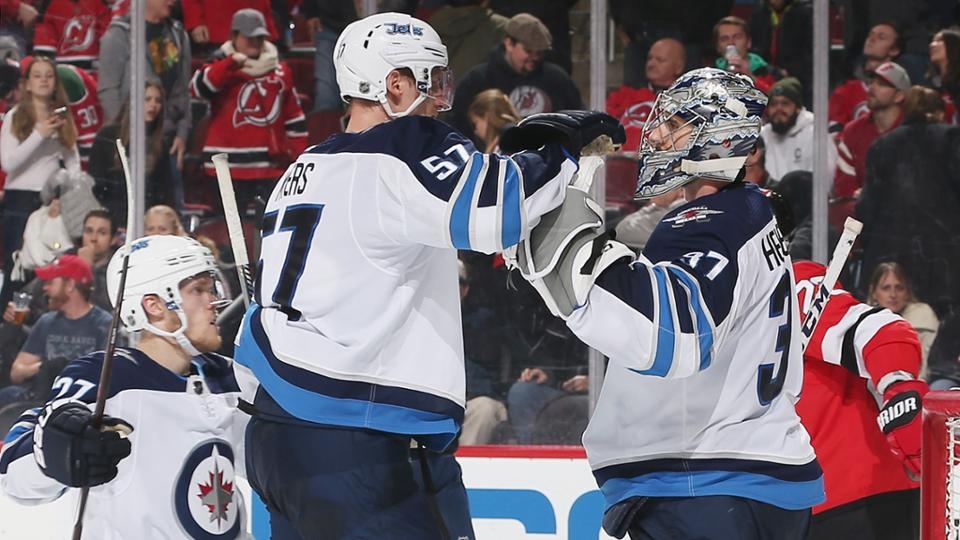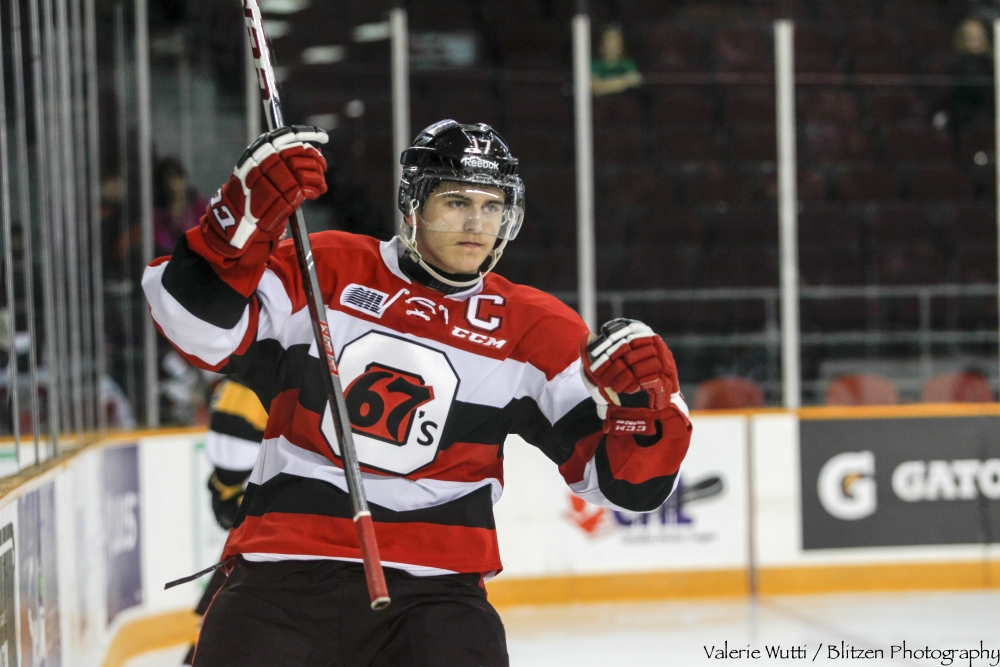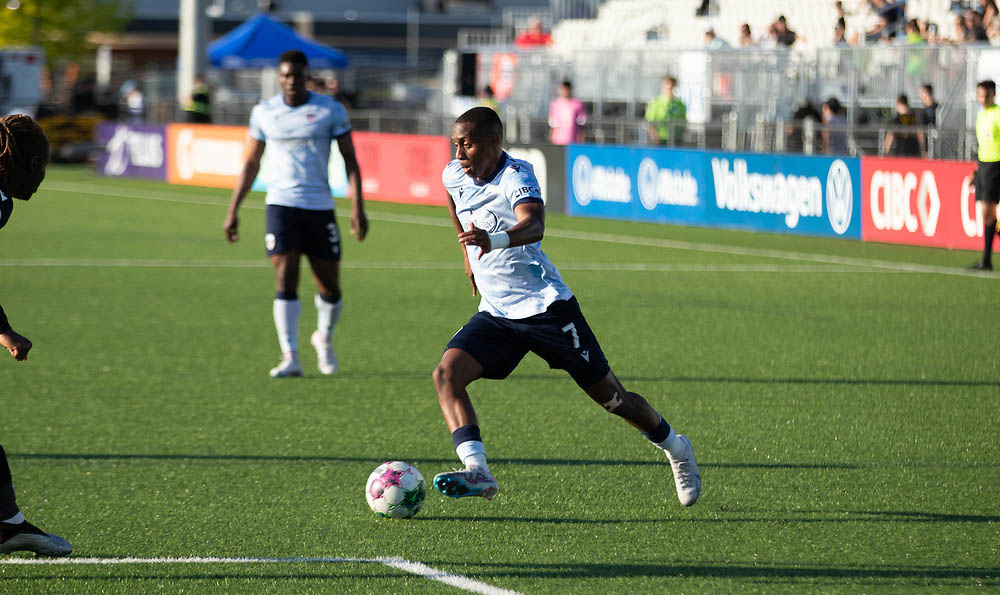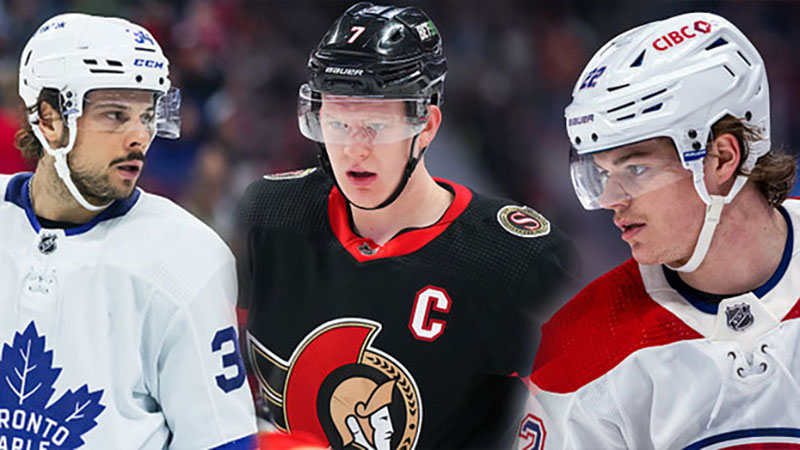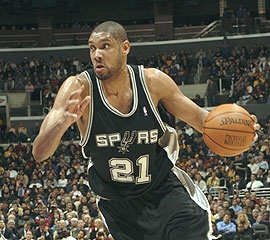
Post-Post-Jordan: The Dawn of a New Era in the NBA
When Michael Jordan walked away from the game of basketball in 1998 (discounting his forgettable comeback with the Washington Wizards three years later), it was unclear who would step up in his absence and take control of the NBA. Jordan’s Chicago Bulls had won six of the last eight league championships dating back to 1991, with Hakeem Olajuwon’s Houston Rockets securing two titles in 1994 and 1995 during Jordan’s brief foray into minor league baseball. With Olajuwon – widely considered one of the top 10 players in the history of the NBA – beginning to slow down, and the lack of a collective bargaining agreement threatening to wipe out the 1998-99 season, the welfare of the NBA depended on one or more of its young stars taking advantage of Jordan’s departure and leading their teams, and league, to new heights.
The post-MJ era lay witness to the dominance of three diversely skilled players, each of who claimed multiple rings and emerged from the 2000s in the same class as Jordan and Olajuwon, as one of the greatest basketball players in the history of the game. Tim Duncan, entering his second pro season in 1998-99, led his San Antonio Spurs to their first title in franchise history that year, en route to winning three more championships in 2003, 2005 and 2007. Shaquille O’Neal, a six-year veteran in his third season with the Los Angeles Lakers, led LA to three consecutive championships in 2000, 2001 and 2002, before moving to the Miami Heat and capturing one more ring in 2006. Kobe Bryant, beginning his third season in the NBA, teamed with Shaq for the Lakers’ three early-decade titles, before leading the franchise to two more championships after his partner’s departure, in 2009 and 2010.
During this span, the Detroit Pistons managed advanced to six consecutive Eastern Conference Finals and won a championship in 2004, and Miami took the title two seasons later with Shaq at the helm. For better or worse, though, the 2000s belonged to the Spurs, Lakers and Boston Celtics, the latter of whom Shaq joined for one last hurrah in 2010-11. In a decade that saw Allen Iverson, Kevin Garnett, Steve Nash, Jason Kidd, Paul Pierce, Ray Allen, Vince Carter, Tracy McGrady and Jermaine O’Neal reach the peak of their powers, three men continually elevated their teams above the rest and established their spot in basketball lore.
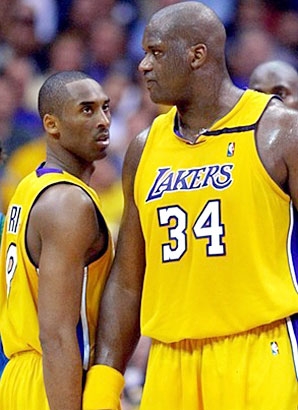
While Jordan punctuated his departure from the game with his famous basket-steal-basket sequence at the end of Game 6 of the 1998 Finals (and one of the most iconic images in sports history), the post-MJ era ended with notably less fanfare. The failures of Duncan, Shaq and Kobe to reach the Finals this year marked a poignant defeat for each of their respective franchises. Duncan, the consummate Spur, saw his club fall in a shocking first-round upset to the Memphis Grizzlies. Kobe, the enduring leader of the Lakers, was swept in the second round by the Dallas Mavericks. Shaq, an NBA nomad, was defeated in the second round by his former club, the Miami Heat. As the conference finals begin, we can officially put an end to the post-Jordan era. For the first time since 1998, the NBA Finals will be played without one of Tim Duncan, Kobe Bryant or Shaquille O’Neal.
***
Entering the 2010-11 playoffs, it was apparent that eight of the 16 qualifying teams had a legitimate chance to take home the Larry O’Brien trophy as champions of the NBA – the top four seeds in both the Eastern and Western Conference. Four of the elite eight proved their worth by advancing to their respective conference finals – the Chicago Bulls and Miami Heat in the East, and the Dallas Mavericks and Oklahoma City Thunder in the West.
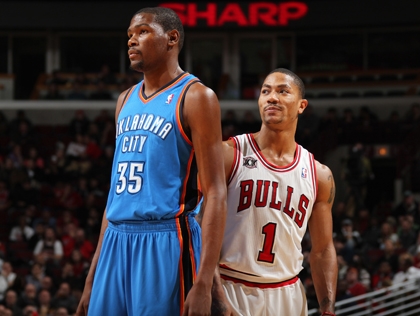
Led by MVP Derrick Rose and bolstered by the league’s top defensive unit, Chicago earned the best regular season record in the NBA and reached the third round for the first time since Jordan’s last title in 1998. The new-look Heat boast two superstars in LeBron James and Dwyane Wade; conceived during the offseason when James joined Wade in Miami via free agency, along with former Toronto Raptor Chris Bosh, the “Heatles” are in search of the first of multiple championships that LeBron promised after he was signed in July.
Written off by many after their lone Finals appearance in 2006, the Mavericks are an extremely deep and experienced squad led by perennial All-Star Dirk Nowitzki, the league’s best over-30 star. Oklahoma City struggled through two physical playoff series and is now on the cusp of their first Finals trip, behind the dominance of Kevin Durant and Russell Westbrook, two gems of the league’s under-23 crop.
Meanwhile, the Spurs, Lakers and Celtics will regroup following their playoff exits, each facing a decision that will alter both the future of their franchise and the landscape of the entire league: do you blow up the team and start over, or attempt to salvage a potentially non-existent last shot at a championship? The Spurs could try to retool with the aging core of Duncan, Manu Ginobili and Tony Parker, a group that has won three titles together but hasn’t really challenged since their last in 2007. Kobe will never win a championship again as his team’s alpha dog; it’s expected that the Lakers may attempt to swing a blockbuster trade to keep his title window open, possibly for the Orlando Magic’s Dwight Howard, a free agent in 2012. Boston’s Big Four of Garnett, Pierce, Allen and Rajon Rondo won the championship together in 2008 and reached another Finals in 2010, but looked sluggish in defeat against the younger Heat this season. Along with Shaq’s expected retirement, the Celtics will have several roster decisions to make in order to challenge for one more title.
(In case you were wondering, the league’s eighth contender was Orlando, a team that reached the Finals in 2009 but regressed considerably this season, falling in the first round to the Atlanta Hawks. The Magic may be headed for a fall from power if Howard is traded or bolts in free agency, not unlike the swoon the Cleveland Cavaliers suffered after LeBron’s departure for Miami.)
Unlike the uncertainty that surrounded the league during the summer of 1998, the strength of the NBA is much more evident as the post-post-Jordan era kicks off. Chicago and Oklahoma City are poised to dominate the next decade behind Rose and Durant, the top two young stars in the game. Miami is primed for multiple shots at the championship with LeBron, Wade and Bosh all signed through 2016. Dallas will continue to challenge as long as Nowitzki maintains his current pace.
Beyond that, there’s some imprecision. Could the Los Angeles Clippers climb to prominence behind Rookie of the Year Blake Griffin? Could Memphis build on their surprising playoff run and turn into a legitimate contender? What impact will Dwight Howard’s decision in free agency have on the league’s hierarchy? Hell, could the Lakers, Spurs or Celtics make a dynamic acquisition and take one last run at winning it all? That’s the beauty of the NBA – even though it’s ruled by an elite tier of teams, there is still considerable volatility and unpredictability from year to year. Whenever a legend fades away, there’s another biding their time in the wings, waiting for their chance to rise.

